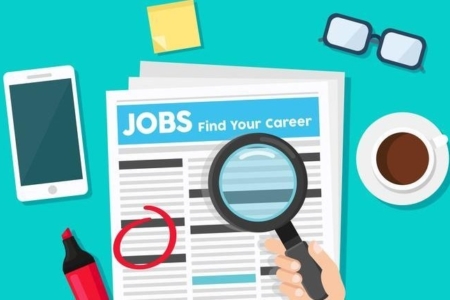
After School and Childcare Services
Resources of Decatur's After School and Day Care Programs for all ages.

@Decatur Public Library

Combating child abuse is everyone's responsibility. In 2021, 3.9 million reports were made to child protective services. Take time to educate yourself on the signs of abuse and neglect. Learn to listen with empathy and acknowledge feelings. Avoid expressing anger, asking too many questions, and making promises you can't keep.
Some risk factors, such as substance misuse and poverty, increase the likelihood of abuse, but it can happen at any socio-economic level. So, acknowledge how you can be part of the solution. This can include volunteering your time and offering concrete support amid hardship. It can also look like donating to agencies that support children and families. You can also become a child advocate, sign up for Safe Families, and spread the word on social media or with families and friends. Don't be afraid to have difficult and educational conversations because it is critical to awareness and prevention.
If you want to learn more, visit the library to check out our display and resources!
Upcoming events:
For more information, visit: https://www.childwelfare.gov/topics/preventing/preventionmonth/
Looking for a dependable source of information about and assistance with healthcare, housing, food and more? Set up a confidential appointment with the library Social Worker today! All assistance is free and available to the public.

Resources of Decatur's After School and Day Care Programs for all ages.

Find information about Decatur's resale and thrift shops.

Find out all you need to know to find a job, including improving your computer skills.

Find information about rent and utilities assistance as well as programs to help families get out of debt and poverty.

Find out when and where Decatur food pantries and soup kitchens are available.

Medical resources in Decatur for hospitals, doctors, dental/vision, family health needs and department of health.

Housing Resources in Decatur for men, women, children and those needing transitional housing, emergency shelter or housing assitance.

Resources regarding legal services for low-income clients, legal assistance hotline, and local government information.

Local resources for lesbian, gay, bisexual, and transgender community, all other sexual and gender minorities, their families and friends.

Decatur has many resources and counseling services for those struggling with, or are family members of those battling substance abuse, domestic violence and sexual abuse.

Information on public transportation throughout Decatur as well as ADA accessible rides and medical transportation providers.

Local information for senior citizens looking for housing possibilities and other daily resources.

Resources for women and children including pregnancy, family health, nutrition and abuse assistance .
Please refer to the link below year round so that your organization can update us on changes to service offerings at any time. Find it here: